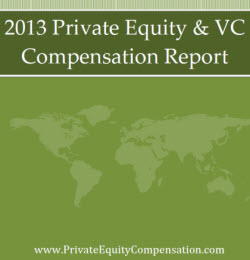Jobs in the Private Equity industry aren’t 9-to-5 positions. That’s not a secret. Employers usually communicate their requirements quite openly during job interviews. Candidates know that they will work more than in other jobs, but they will also earn more. Long working hours are one reason why the financial industry is paying relatively well. However, not everyone works the same hours and not everybody earns the same salary. It depends on the amount of hours worked and obviously also on the position within the company.
Most professionals work between 60 and 79 hours per week
Job Search Digest’s 2015 compensation report divides employees into 10-hour groups and found that the majority (39%) of Private Equity professionals work between 60 and 69 hours per week followed by those working 70-79 hours per week (32%). The remaining employees are grouped as follows:
In general, people work more than last year. That may be due to a more challenging environment and an increased dealflow.
Employees working between 70 and 79 hours earn the most
However, more working hours do not necessarily correlate with a higher salary. Employees working between 70 and 79 hours per week make the most ($306,000 per year). On the other hand, individuals working more than 90 hours per week earn significantly less ($250,000 per year).
The reason for this is that most juniors are in this category. An analyst or associate bears the highest workload, while more senior positions, like Vice Presidents or Managing Directors, will be somewhere between 60 and 80 hours per week. The following shows the findings in more detail:
A Managing Director earns about $200 per hour – or five times as much as an Analyst. A Vice President earns about $100 per hour. Analyst, on the other hand, earn around $30 per hour. That’s less than many non-academics earn per hour.
Juniors have to go through a tough time, before they finally arrive at an attractive hourly salary. However, Job Search Digest’s study clarifies a myth as well: Many starters think once they reached a higher position in the industry, they will have relaxed working hours. That’s just not true. Work-life balance will become better, but there will always be much more “work” than “life.”
Sure, a Management Director isn’t nearly as much in the office as an Analyst. But that doesn’t mean he is not working. Anyone who wants to be successful in the financial industry will have to dedicate his life to his career. Nobody gets to the top by working 40 hours per week.
A financial professional commented in the Guardian: “Only people at the very top receive the huge bonuses […] For them this is more than a job. It’s a life.”



